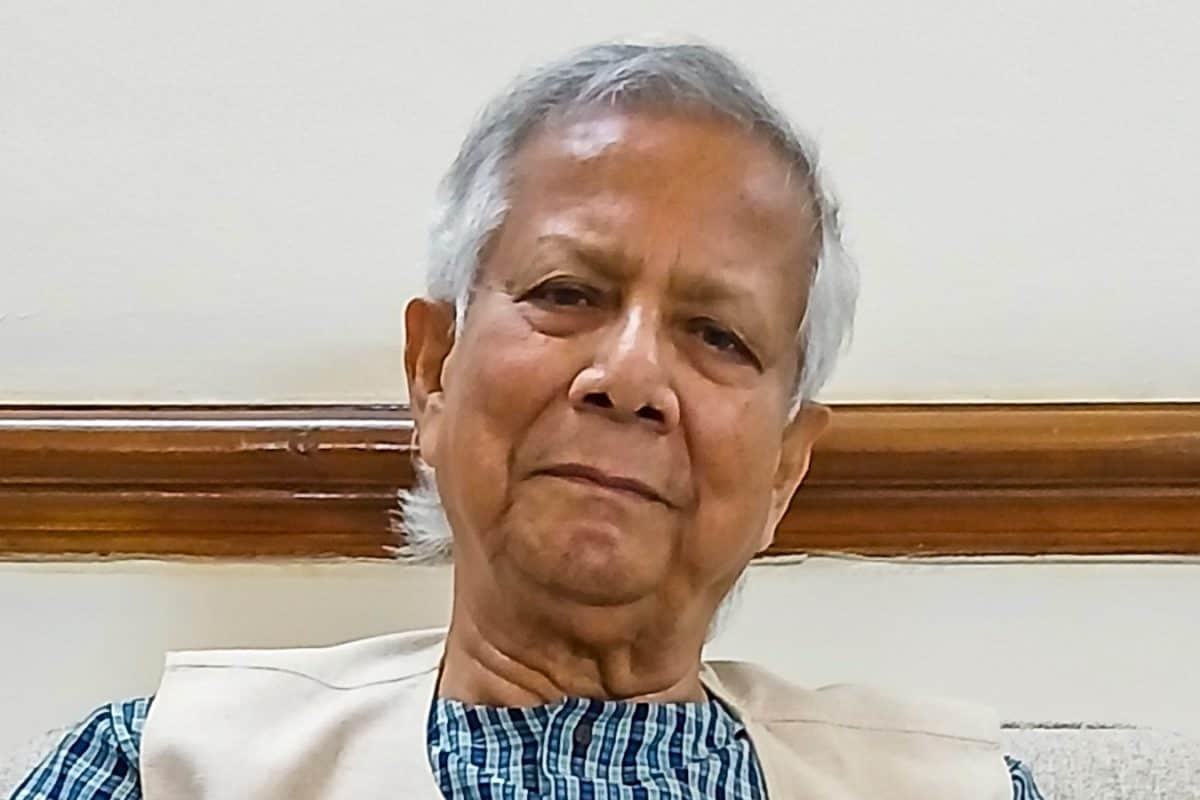

Bangladesh's Chief Advisor, Muhammad Yunus, has recently emphasized the potential for integrated economic development in the Northeastern states of India, sparking both interest and controversy. His statements, made during a visit to China in late March 2025, highlighted the landlocked nature of the region and suggested that Bangladesh could serve as a crucial gateway for its economic integration with China and the rest of the world.
Yunus, speaking at a business event in Beijing, described the seven northeastern states of India—Arunachal Pradesh, Assam, Meghalaya, Manipur, Mizoram, Nagaland, and Tripura—as "landlocked" and lacking direct access to the ocean. He positioned Bangladesh as the "only guardian of the ocean" for the region, implying that Dhaka holds the key to unlocking the economic potential of India's Northeast. He invited Chinese firms to establish an economic presence in Bangladesh, suggesting that it could serve as an "extension of the Chinese economy," facilitating the production and marketing of goods for both Chinese and global markets.
These remarks have elicited mixed reactions. Some view Yunus's vision as a pragmatic approach to regional development, emphasizing the importance of cross-border connectivity and economic cooperation. Proponents argue that enhanced trade and infrastructure links between Bangladesh and India's Northeast could stimulate economic growth, create jobs, and improve the livelihoods of people in both regions. They point to the potential for utilizing Bangladesh's ports and transportation networks to facilitate the movement of goods to and from the Northeast, reducing its dependence on the "Chicken's Neck" corridor and promoting greater economic integration with the rest of Asia.
However, Yunus's statements have also drawn criticism and raised concerns in India. Some observers view his remarks as an attempt to undermine India's sovereignty and promote Chinese influence in the region. They argue that his emphasis on the landlocked nature of the Northeast ignores India's own efforts to improve connectivity and infrastructure in the region, including the development of highways, railways, and waterways. Concerns have also been raised about the potential security implications of increased Chinese involvement in Bangladesh and its possible impact on India's strategic interests in the Northeast.
India's External Affairs Minister, S Jaishankar, subtly responded to Yunus's comments, emphasizing India's commitment to enhancing connectivity in the Northeast through the completion of the Trilateral Highway, which will link the region to Myanmar, Thailand, and ultimately the Pacific Ocean. This project, along with other infrastructure initiatives, aims to position the Northeast as a regional connectivity hub, reducing its dependence on Bangladesh and promoting greater integration with Southeast Asia.
Adding to the controversy, a former Bangladeshi army officer and close aide of Yunus, Major General (Retd.) ALM Fazlur Rahman, suggested that Bangladesh should collaborate with China to occupy India's northeastern states if India attacks Pakistan. The interim government of Bangladesh has distanced itself from these remarks, stating that they do not reflect the official position of the government. This incident, however, has further fueled concerns about the intentions of some elements within Bangladesh's political establishment and their views on India's Northeast.
Despite the controversies, the underlying need for enhanced regional economic cooperation remains. The Northeast of India has immense potential for growth, with its rich natural resources, strategic location, and vibrant culture. An integrated economic plan that involves Bangladesh, India, and other regional partners could unlock this potential and transform the region into a thriving economic hub. However, such a plan must be based on mutual trust, respect for sovereignty, and a commitment to inclusive and sustainable development. It requires addressing security concerns, promoting transparency, and ensuring that the benefits of economic cooperation are shared equitably among all stakeholders.